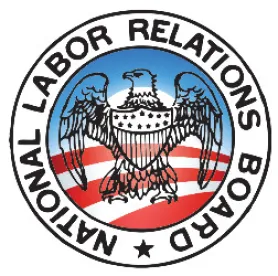Unions generally are entitled to broad categories of information from employers regarding their members’ terms and conditions of employment. The National Labor Relations Board (NLRB) has come down hard on employers who fail to provide unions with relevant information upon request. As demonstrated by a recent case, however, there are limits on the types of information a union presumptively is entitled to under the National Labor Relations Act, including a company’s financial information.
In PSAV Presentation Services, the NLRB evaluated whether an employer had a duty to “open its books” for a union when the union requested financial information during collective bargaining. The board historically has held that unless an employer is claiming it has an “inability to pay” (e.g., financially unable to meet a union’s wage proposals), it does not have to provide such information. Notably, a company generally does not have to provide access to this type of information if it merely states it is unwilling to pay.
In the case at issue, the company’s chief spokesperson responded to a union’s wage proposal by stating the company would not agree to it because, among other things, it would be “suicide” for the employer. The union claimed this comment was tantamount to the company claiming an inability to pay and requsted the employer’s general financial information. The company responded by clarifying, in writing, that it was unwilling to agree to the union’s wage proposals but not claiming it was fiscally unable to pay.
When the company declined to provide the financial information, the union filed charges with the NLRB. The board ultimately found the company did not have to provide general financial information to the union because it effectively retracted any statements that could have been construed as claiming an inability to pay.
This case shows the importance for employers to tread carefully when they receive information requests and to be mindful of statements they make at the bargaining table. Companies that carefully evaluate how to respond to these requests and develop thoughtful strategies can often avoid potential legal headaches




 />i
/>i

